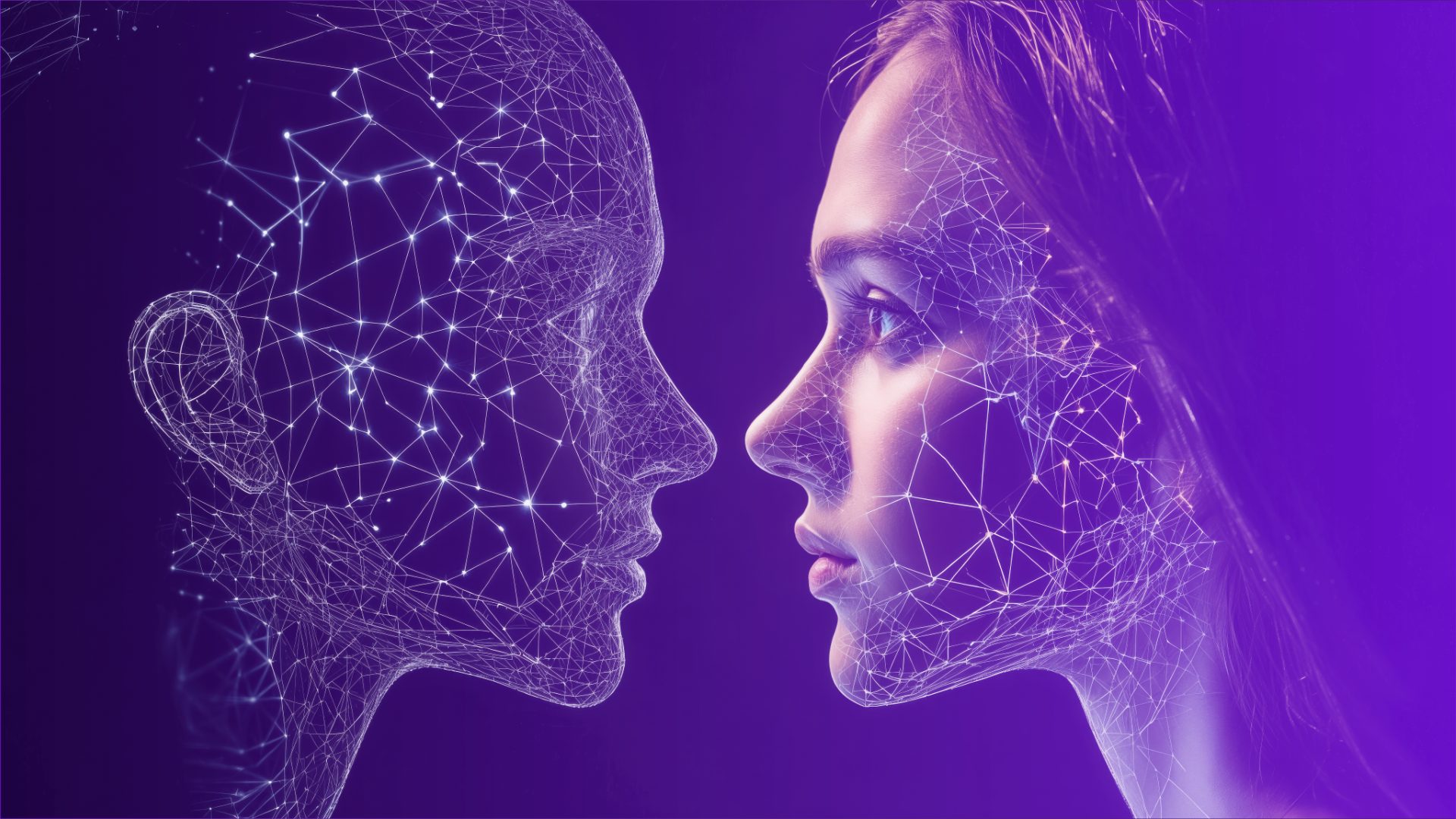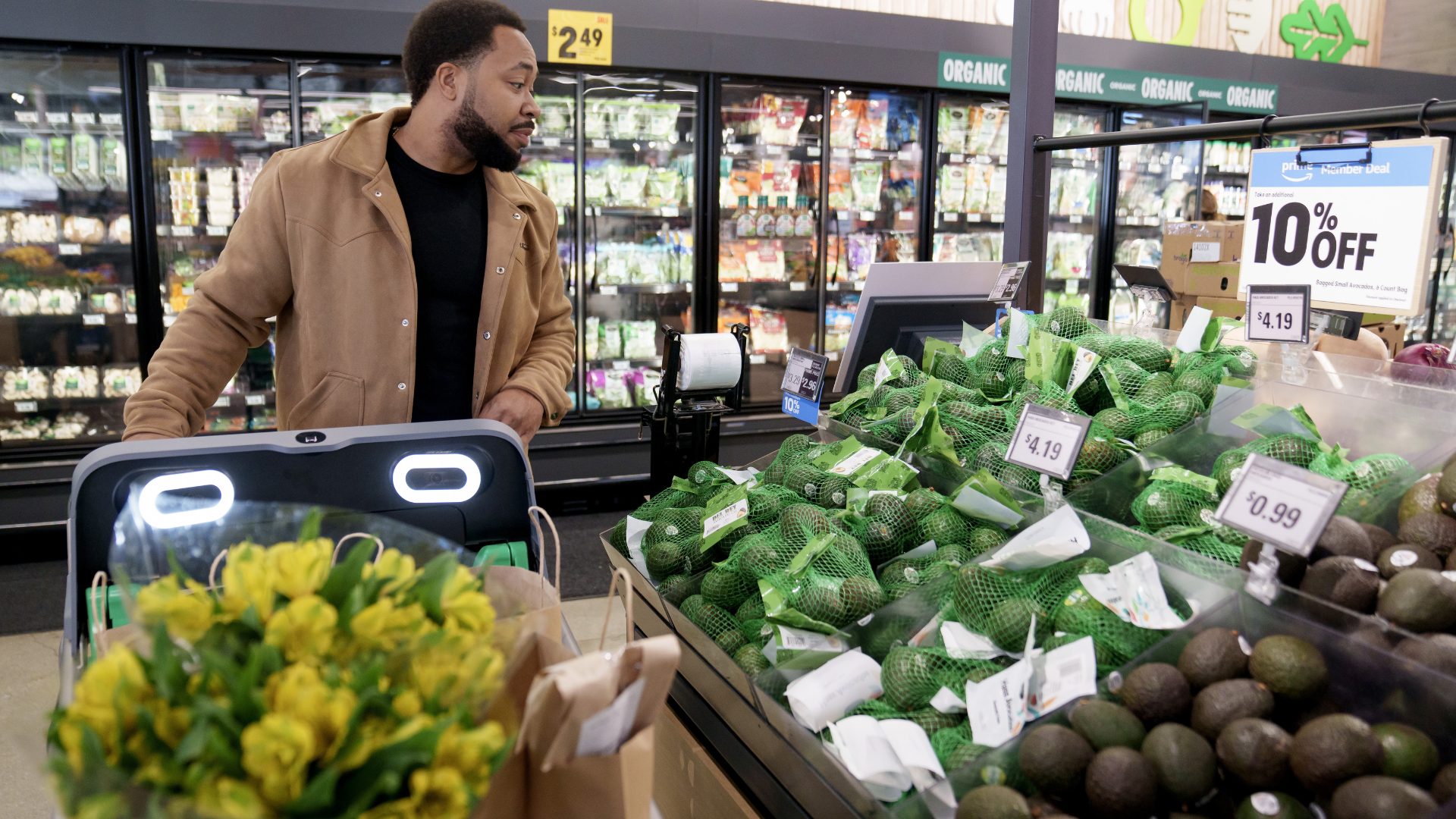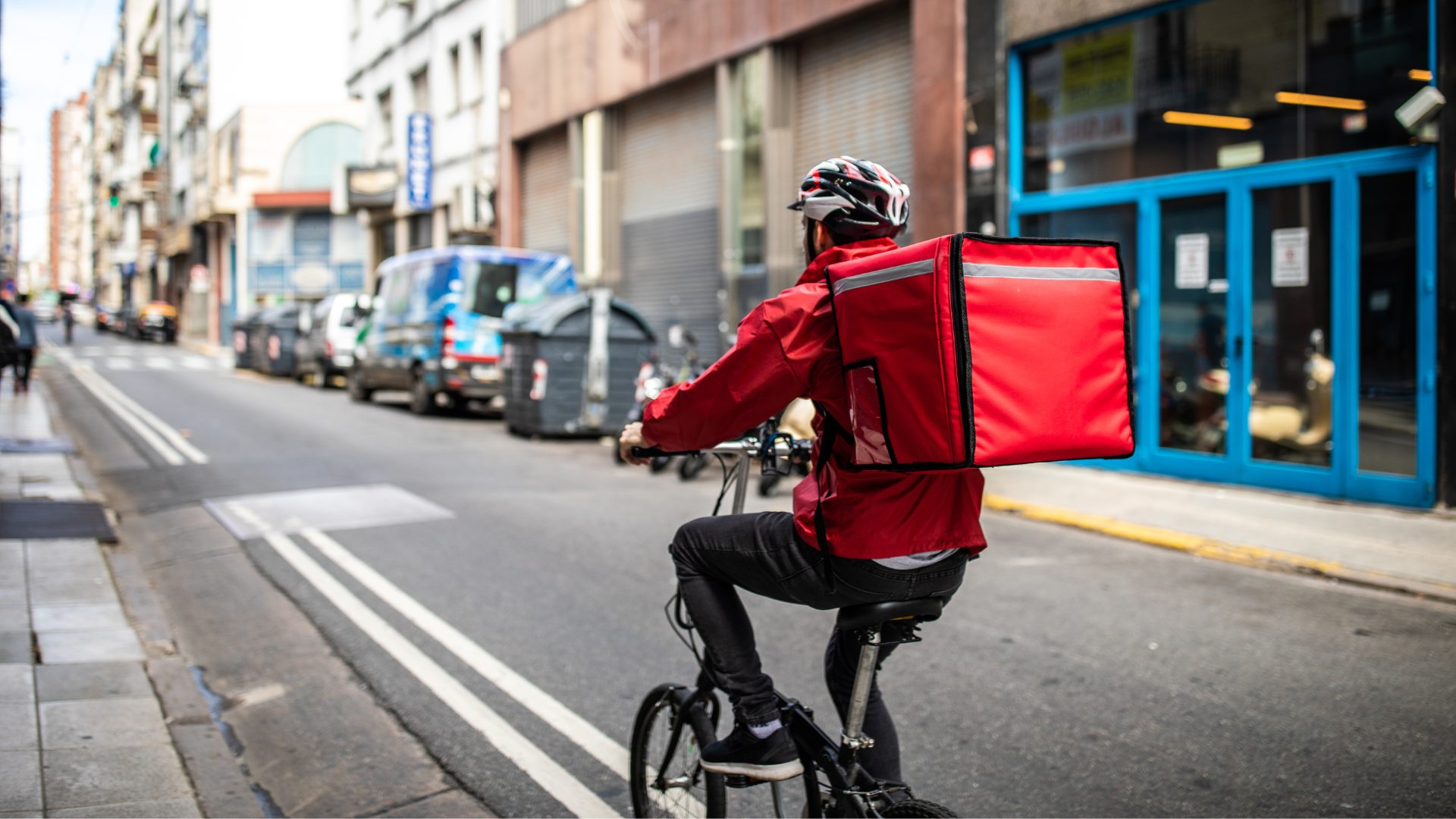It’s a typical afternoon, and a customer reaches for his phone to browse through the latest deals on his favorite D2C brand. He swipes, and at the top are personalized ads reflecting not only his past purchases but the kind of feedback he has left on competitor products. Artificial Intelligence (AI) silently works behind the scenes, curating this seamless experience – one that brands are increasingly reliant on to capture attention in an evolving digital landscape.
In today’s retail and CPG markets, personalization has become the mantra of consumer engagement.
AI-driven tools are the face of innovation in how brands reach out to their customers, scanning feedback not just from their own customer base but deep-diving into the sentiment surrounding competitor and mentor brands. This gives brands the savvy to know consumer pain points, excitement triggers, and even the emotional language that best speaks to their audience.
“AI has allowed us to build more meaningful connections with consumers by adapting in real-time to their needs and expectations,” said Sam Vise, CEO of Optimum Retailing.
These insights come from analyzing both structured and unstructured data, giving brands a competitive edge in creating emotionally impactful messages.
- Real-time adaptability: AI will adapt messaging based on immediate customer feedback to ensure every interaction is relevant.
- AI can learn how consumers are talking about products and help brands incorporate more relatable language into their marketing.
Cost-Efficiency Via AI
For CPG brands, scaling personalization isn’t just about engagement – it’s about efficiency.
AI-powered technology provides insights in real time on which strategies offer the most value for brands’ money. Taking big chunks of information and processing it in a fraction of the time any human analyst could, AI identifies key consumer segments with which to target campaigns. This level of precision not only ensures that brands are reaching the right audiences but also aids in resource allocation.
Recent trends in the market show that, with the help of AI to personalize consumer journeys, the return on investment in retail media could be as high as 300%. For example, large retail chains, such as Amazon and Walmart, are already using AI to personalize in-app recommendations and increase sales by manifold. The system is quick in calculating the ROI for digital campaigns, helping brands avoid costly missteps. Additionally:
- Niche Audience Targeting: AI helps brands reach smaller consumer groups in cases where a brand needs to target more specific consumer groups while keeping costs in check and making personalization scalable.
- Real-Time Cost Analysis: AI correlates in real-time how cost-effective various marketing channels are, thus enabling the marketer to change course quickly.
Data Correlation for Deep Insights
Perhaps the most valuable contribution of AI is in drawing correlations between seemingly unrelated data points. By analyzing social media trends, search data, pricing models, and competitor activity, brands unlock deeper insights into market dynamics.
According to a recent McKinsey study, AI-driven retail media has the potential to add $1.3 trillion to enterprise value by 2026.
Brands will be able to apply such insight to dynamic pricing. According to Lee Roberts, head of Media Sales at Tesco: “Retail media doesn’t just catch the consumer’s attention – it anticipates their needs by understanding behaviors before they even act on them.”
Look to the Future
Moving forward, AI will continue to reshape the CPG industry. We’ll undoubtedly see more detailed personalization at every touchpoint of the consumer journey, from product recommendations to marketing messages. Real-time product recommendations, adjusting marketing messages – the list goes on and on.
With each passing day, in this new world of digitization, AI-embracing brands are the ones best positioned to capture consumer loyalty, driving sustained growth of their businesses.
A few analysts, such as Erin Saunders, a marketing analyst, believe that hyper-personalization can have a boomerang effect.
“Consumers are becoming increasingly suspicious about just how much data is collected on them. This, in turn, over the longer run could erode consumer trust of the brands who over-rely on AI-driven personalization,” Saunders said, adding that CPG brands will have to carefully balance personalization and privacy.
The Human Factor Matters
Paul Wright, head of Uber Advertising, noted that “AI can do some amazing things, but it lacks soul. AI in the future of retail marketing should be used to support human creativity rather than replace it altogether.
“Consumers still want to know there’s a human behind the brand, not just a machine.”
Wright feels AI will lead the charge, while human insight will continue to play its part as a meaningful guide in consumer relationships.
On the other hand, some industry insiders remain convinced that AI will rewrite the retail industry.
“The days of in-store shopping as we know it are numbered. Thanks to AI-powered digital retail experiences, consumers will soon have no need to visit physical stores for most of their shopping needs,” says Jason Reed, an AI futurist. Reed predicts a retail landscape in which physical stores will be rare.
One thing seems certain: as the dividing line between digital and physical consumer experiences dissolves, AI is going to be a critical key that unlocks deep and meaningful consumer connections for brands.
The Food Institute Podcast
Restaurant results for the second quarter weren’t stellar, but people still need to eat. Are they turning to their refrigerators, or are restaurants still on the menu for consumers? Circana Senior Vice President David Portalatin joined The Food Institute Podcast to discuss the makeup of the current restaurant customer amid a rising trend of home-centricity.











